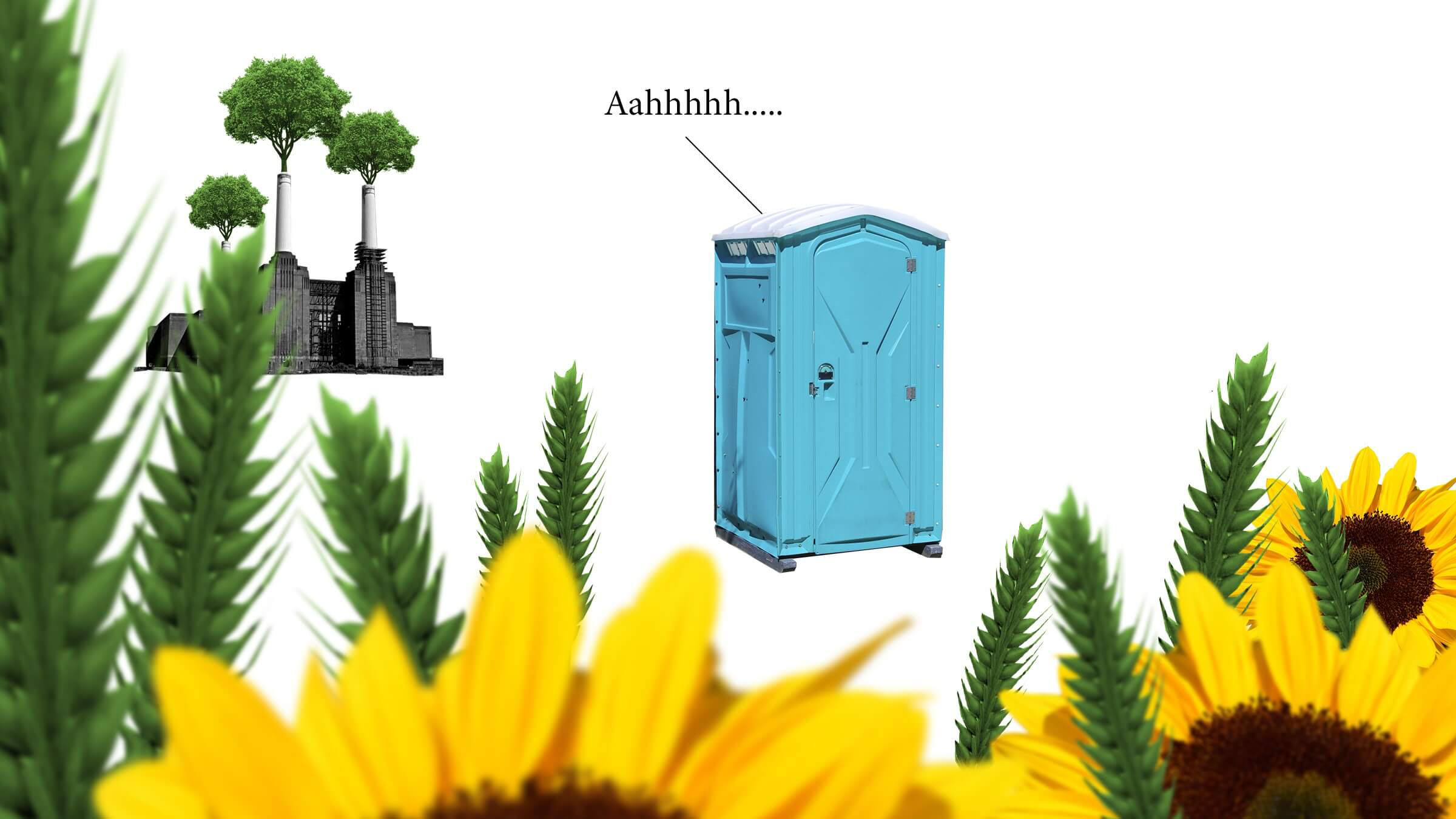Conscripts from the Pori Brigade will receive a new national defence task this spring. In a circular economy pilot involving Sitra, the Finnish Environment Institute (SYKE), Tampere University of Applied Sciences (TAMK), the Global Dry Toilet Association of Finland – Huussi ry – and the Construction Establishment of the Finnish Defence Administration (PHRAKL), conscripts in field exercises will test a new kind of outhouse that collects urine nutrients by evaporating excess liquid from urine. Toilet waste will be composted. The technology was developed by Sveriges lantbruksuniversitet (SLU).
“We all produce nearly five kilograms of nitrogen and around half a kilogram of phosphorus a year,” according to Hanna Mattila, Circular Economy Specialist at Sitra. “But we waste nearly all these nutrients by flushing them down the toilet. The circular economy of nutrients improves soil health, decreases the load on water systems and plays a significant role in food security. For example, the world is nearly running out of soil phosphorus, which is commonly used as a plant fertiliser.”
Nutrient circulation benefits the environment, enhances food security and also promotes the national economy. According to a survey commissioned by Sitra, it is estimated that the annual value of nutrient circulation in Finland in 2030 could total around 310 million euros.
“We are just at the beginning of promoting nutrient circulation in Finland. We should invest in nutrient circulation during the following government term as well – for example, by supporting the spread of tried-and-tested nutrient circulation methods or by creating markets for recycled fertiliser products,” says Mattila.
The Pori Brigade was chosen as the test environment for practical reasons: a large number of people participate in exercises and there are no indoor toilets available during the exercises. Outhouses are suitable as they can be moved around easily in the field.
“With the Pori Brigade, we have invested a lot in different environmental activities, such as waste sorting and environmental training, so the piloting of a new kind of outhouse provides us with a great opportunity to promote the circular economy and also emphasise the importance of this issue to young people undergoing training,” says Terhi Helkala, an Environmental Specialist with the Pori Brigade.
How the collected nutrients could be used will also be studied during the pilot.
“We will study how the nutrients collected from urine could be used as fertilisers and/or soil improvers. If the method works and the end result proves to be safe, the nutrients could be used, for example, in oat field fertilisation in the future. The nutrients are recycled from the field back to the food industry and may end up on your plate in the form of oatmeal, for example,” says Riikka Malila, Project Manager from SYKE.
The outhouse user experiences and study results will contribute to the further development of the method in order to create a cost-effective outhouse that recovers nutrients and enables their further use in commercial markets.
“In the future, these outhouses could be used at large events and camping and trekking sites where there is a need for a large number of outhouses at the same time,” says Sari Huuhtanen from the Global Dry Toilet Association of Finland, Huussi ry.
















Recommended
Have some more.